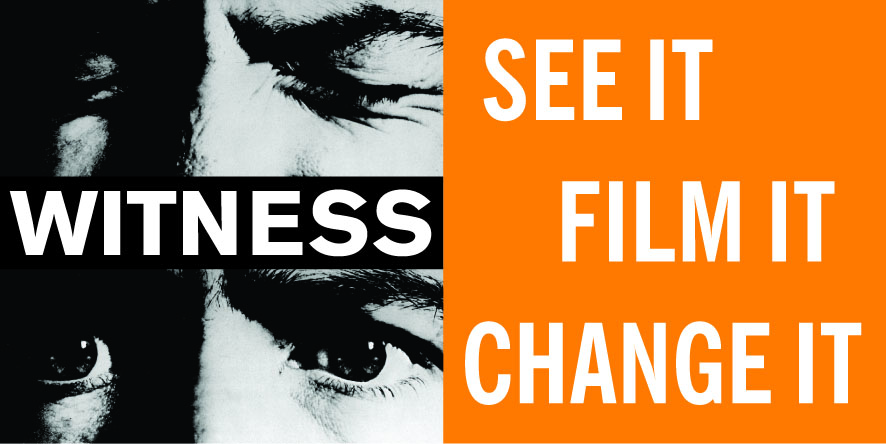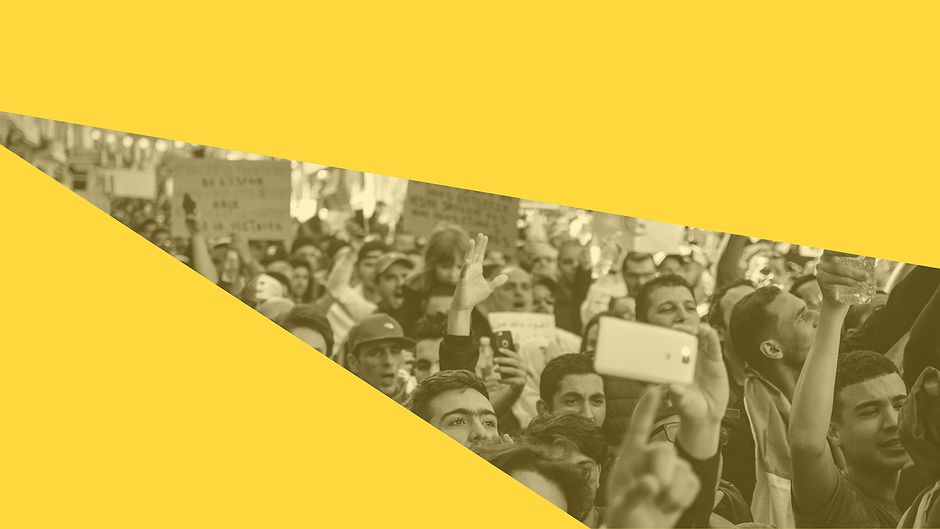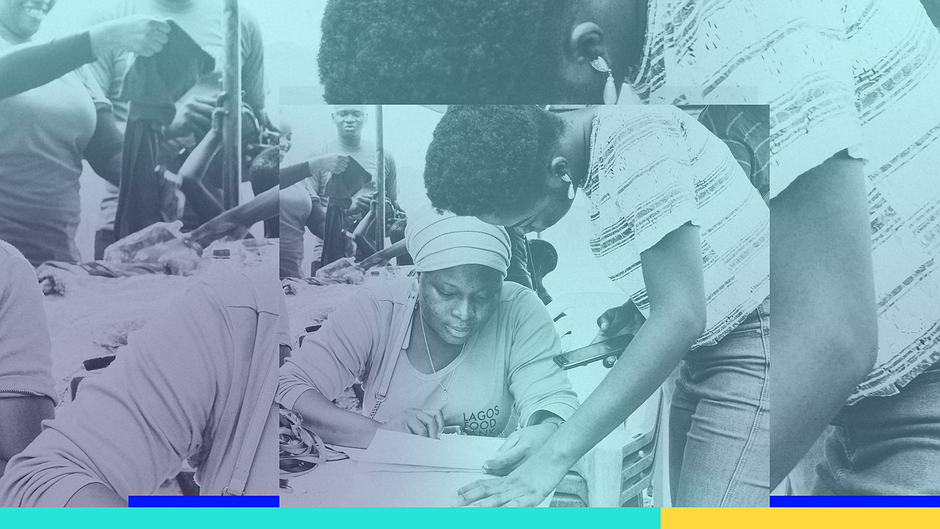Journalism
40 mins
Five top tips to improve your video skills

- Abstract:
- How can you make your videos stand out from the crowd? This course teaches you five ways to take your video production skills to the next level. We cover depth of field, sound, video formats, metadata and archiving.
- About this course:
- From smartphones to DSLRs; from Vines to Youtube… the number of tools and platforms for producing and sharing video are growing all the time. But the challenges remain the same. How do you make sure you get the best quality images and sound? How do you keep track of everything you’ve shot? And what is the difference between a .mov and an .mp4 anyway? This course covers five common technical challenges, with the help of our expert presenters and a wealth of fun quizzes. Participants also take part in ‘The Protest’, an interactive challenge which spans the course.
- What do I learn:
- You will learn how to manipulate depth of field using DSLRs; how to use clip and handheld mics with your smartphone; what the tech aspects of format, frame size, frame rate and scan method mean for video producers; how to use metadata to your advantage; how to archive your videos to safeguard them for the future. And, you’ll also be given some general advice for video producers.
- What do I need to know:
- This course is suitable for those who are starting to make their own videos and would like to improve their production skills, as well as learn about metadata and archiving.
Trainers
- 1.1 Introduction to course1.2 The rise of video production1.3 All about depth of field1.4 Quiz: Depth of field1.5 The Protest - Part 1
- 2.1 The importance of good sound2.2 Sounds good to me2.3 Testing, testing...Your chance to record good sound
- 3.1 Let’s get technical - Deconstructing digital video3.2 Techie quiz - What’s the difference between 1080p and 720i
- 4.1 Introduction to metadata4.2 Meta what? Test your understanding of metadata4.3 The Protest - Part 4
- 5.1 Shelf life: How to archive video5.2 On the shelf - Video archiving case study quiz
- 6.1 It’s a wrap - Overview of the course6.2 Get Shooting wrap video
Related courses

40 mins
 Rory Peck Trust
Rory Peck Trust
40 mins
 Rory Peck Trust
Rory Peck Trust
35 mins
 WITNESS
WITNESS
35 mins
 WITNESS
WITNESS
Suggested reading

Blog
Building Capacity for Monitoring & Documenting Human Rights Violations
The purpose of this assessment is to evaluate the efficacy of strategies used by HRPs/HRMOs for communicating during blackouts. The goal of this project envisages to see a ZimbabweanCivilSociety that is prepared to document and monitor human rights violations without hiccups during internet shutdowns.

Blog
Advocacy Assembly Internet Shutdown Academy: Creative Strategies to Fight Back
Internet shutdowns are occurring increasingly globally, posing significant threats to freedom of expression, access to information & economic growth. These shutdowns manifest in various forms through different technical measures & are implemented by governments in various circumstances. Responding to this threat of internet shutdowns, Advocacy Assembly designed the Internet Shutdown Academy, a set of 10 full online courses in 7 languages!

Blog
Evaluating the Efficacy of State-Imposed Telecom Shutdowns in Northwest Nigeria
This article casts doubt on the shutdowns' effectiveness in curbing banditry, exposing alternative explanations for any temporary decrease in attacks. It questions the legitimacy of justifying these shutdowns as effective counter-terrorism measures, advocating for alternative approaches that prioritize community engagement, human rights, and development initiatives to address the root causes of insecurity and foster lasting peace in Northwestern Nigeria and Nigeria at large.

Blog
Impact of the Twitter Ban in Nigeria
This post is a research study on the impact of the Twitter ban in Nigeria on Human Rights Monitoring, Advocacy and Creativity. Read more.

Blog
Four Free Toolkits to Fight Internet Shutdowns
Let’s tell you a little bit more about each toolkit!

Blog
The Impact of Internet Disruptions on Farmers in Nigeria
In Nigeria’s Northwestern Sokoto State, farm workers grapple with geopolitical challenges, shifting climate realities, and economic turbulence. However, they now face a new, growing threat: a troubling rise in internet disruptions, which threatens their ability to work in an increasingly digitally connected world. Read more.

